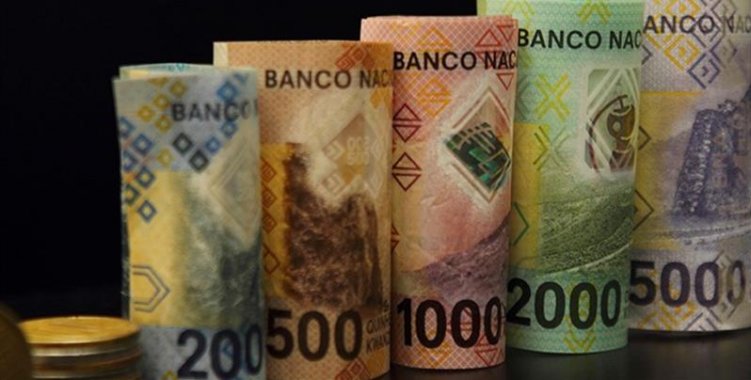Removing the exchange rate effect, the increase was 17 percent compared to the previous year, while the stock of credit in foreign currency increased by 79 percent (9 percent without exchange rate effects), indicated the BNA.
In the distribution by sectors, there was a strong concentration of credit in the non-productive sector of the economy, with emphasis on credit to individuals with a weight of 21 percent (20 percent in 2022) and wholesale and retail trade with 20 percent (22 percent in 2022).
The productive sectors represented 42 percent of credit granted, broken down into construction (9.8 percent), manufacturing industries (9.5 percent), extractive industries (5.7 percent), and agriculture, animal production, hunting, forestry and fishing (5.7 percent).
In the context of credit directed to the real sector of the economy in which national banks are obliged to provide a minimum number of credits, in accordance with the value of their assets, the banking sector disbursed an accumulated total of 1.10 billion kwanzas corresponding to 18 percent of net assets, that is, seven times more than the minimum limit of 2.5 percent established.
In quantitative terms, a total of 801 credits were granted, 226 more credits (39 percent), compared to the same period last year.
In terms of housing credit, the total amount granted until December 2023 reached 282 billion kwanzas, an increase of 39 percent compared to 2022, representing 4.71 percent of the banking sector's total credit portfolio.







